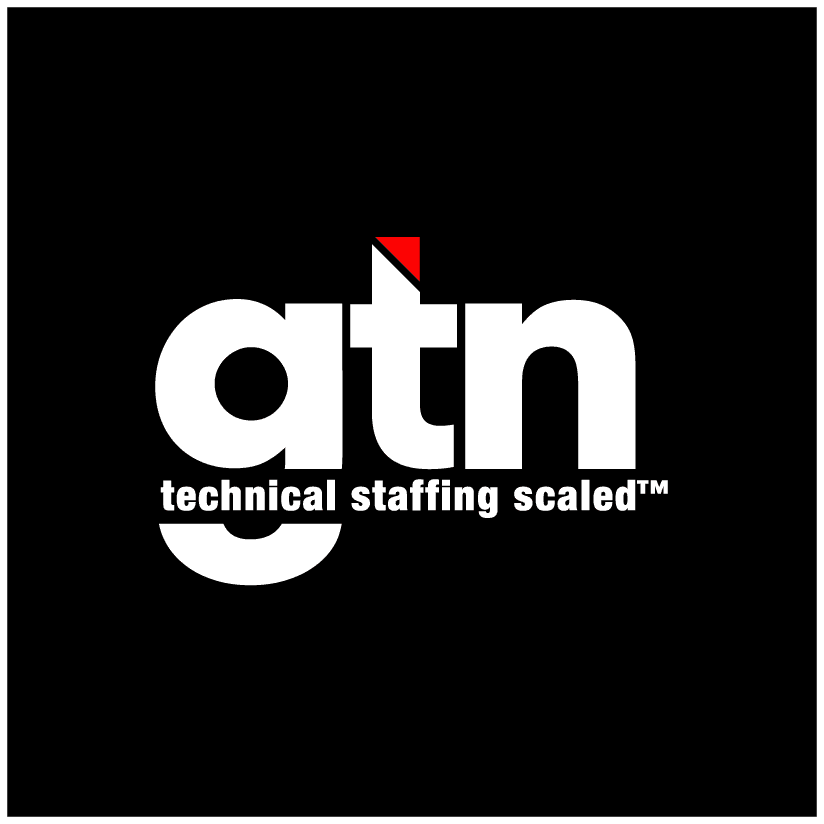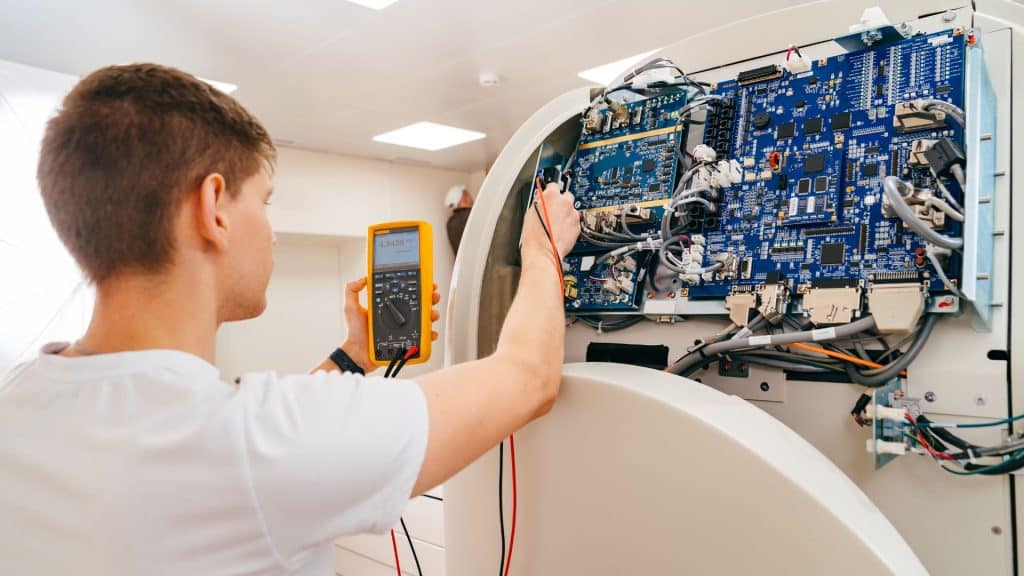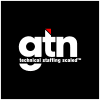TL:DR – By proactively adapting to technological changes and leveraging the power of managed field service solutions, organizations can future-proof their operations, attract top talent, and cement their position as industry trailblazers.
Adapting to Change with Managed Field Service Solutions
In today’s rapidly evolving business landscape, the ability to adapt to technological advancements is no longer a nice-to-have, but a necessity for organizations seeking to maintain a competitive edge.
This is especially true in the field service industry, where the convergence of cutting-edge technologies and human expertise can transform the way work is done, enhance customer experiences, and drive long-term success.
Navigating the Technological Transformation of Field Services
The field service sector has witnessed a remarkable digital transformation, with a proliferation of innovative tools and technologies reshaping the industry. From the Internet of Things (IoT) and predictive analytics to augmented reality (AR) and generative AI, these advancements are streamlining operations and redefining the nature of field service delivery.
Harnessing the Power of IoT and Predictive Maintenance
IoT-enabled devices have revolutionized the way field service organizations monitor and maintain their assets. By equipping equipment with a network of sensors, field service teams can now gather real-time data on performance, usage patterns, and potential issues. When analyzed using predictive analytics, this data enables proactive maintenance – a game-changer in the industry.
Rather than waiting for equipment to break down, field service professionals can now anticipate and address problems before they occur. This reduces costly downtime and extends the lifespan of critical assets, ultimately enhancing efficiency and customer satisfaction.
Augmented Reality: Empowering Technicians in the Field
Augmented reality (AR) technology is another transformative tool reshaping the field service landscape. By overlaying digital information onto the physical world, AR provides technicians with enhanced guidance and insights, simplifying complex troubleshooting and improving first-time fix rates.
With AR, field service workers can access step-by-step instructions, schematics, and relevant data directly within their line of sight, reducing the need for cumbersome manuals and improving overall productivity. Additionally, AR enables remote collaboration, allowing less experienced technicians to seek guidance from experts, accelerating skill development and knowledge transfer.
Harnessing the Potential of Generative AI
The emergence of generative AI has introduced a new level of creativity and problem-solving to the field service industry. Unlike traditional predictive AI, which analyzes historical data to identify patterns and trends, generative AI takes a more proactive approach, using machine learning algorithms to suggest innovative solutions and ideas.
Imagine a field service technician faced with a complex equipment issue. Generative AI can draw upon a vast repository of data, including past repair records, schematics, and technical manuals, to propose customized repair strategies or even suggest potential product enhancements. This not only empowers technicians to tackle challenges more effectively but also opens the door to continuous improvement and innovation within the organization.
Optimizing Mobile Solutions for Field Service Efficiency
The proliferation of mobile technologies has been a game-changer for field service operations. Equipping technicians with smartphones, tablets, and specialized apps has dramatically improved their ability to access critical information, communicate in real time, and streamline data entry and documentation.
Mobile solutions have become an integral part of the field service solution workflow, from accessing work orders and customer details to processing payments and generating invoices. As these technologies continue to evolve, incorporating features like AI-driven chatbots and voice recognition, field service professionals can expect even greater efficiency and responsiveness in their day-to-day tasks.
 Balancing Technology and Human Expertise
Balancing Technology and Human Expertise
While the technological advancements discussed above offer undeniable benefits, it’s crucial to recognize that human expertise remains an essential component of a successful field service solution. The most effective organizations are those that strike a balance between leveraging cutting-edge technologies and harnessing the unique skills and knowledge of their workforce.
The Enduring Value of Human Expertise
Managed staffing solutions using skilled field service technicians bring a wealth of knowledge and experience that machines cannot easily replicate. Their ability to adapt to complex and ever-changing scenarios, employ creative problem-solving, and deliver empathy-driven customer interactions is invaluable.
When faced with unique challenges or unexpected equipment malfunctions, human experts can leverage their holistic understanding of the situation to devise effective solutions. Moreover, their role in knowledge transfer and skill development ensures that the organization’s expertise is nurtured and preserved, safeguarding the quality and effectiveness of field service operations for years to come.
Fostering a Culture of Innovation and Continuous Learning
To maximize the benefits of both technology and human expertise, organizations must cultivate a culture that embraces innovation and encourages continuous learning. This involves investing in comprehensive training programs, providing opportunities for technicians to upskill and stay abreast of the latest advancements, and fostering an environment that values creative problem-solving and the exchange of ideas.
By empowering their workforce to leverage cutting-edge tools and technologies while also honing their problem-solving and customer service skills, organizations can create a synergistic relationship between human and machine, ultimately delivering a exceptional field service solution.
Overcoming Challenges in Adopting Technological Changes
While the benefits of embracing technological advancements in field service are clear, the path to successful implementation is not without its challenges. Organizations must navigate a range of obstacles, from change management and workforce resistance to data integration and security concerns.
Navigating Change Management and Workforce Resistance
Implementing new technologies can often be met with resistance from field service technicians who are accustomed to traditional methods. Overcoming this challenge requires a proactive approach to change management involving clear communication, comprehensive training, and a focus on the long-term benefits.
Organizations must take the time to educate their workforce on the value of these technological innovations, highlighting how they can enhance their efficiency, improve job satisfaction, and, ultimately, better serve customers. Organizations can build buy-in and ensure a smoother transition by fostering a culture of continuous learning and empowering technicians to play an active role in the implementation process.
Addressing Data Integration and Security Concerns
Another significant hurdle that field service organizations must navigate is the integration of disparate technologies and data sources. Ensuring seamless data flow, from IoT sensors to predictive analytics platforms and mobile applications, requires a well-planned and executed data integration strategy.
Additionally, data security becomes a paramount concern with the increasing reliance on cloud-based solutions and the proliferation of connected devices. To protect sensitive customer and operational data, field service organizations must invest in robust cybersecurity measures, such as encryption, access controls, and regular software updates.
Optimizing the Balance Between Technology and Human Expertise
Perhaps the most critical challenge faced by field service organizations is striking the right balance between technology and human expertise. While the benefits of technological advancements are clear, the role of skilled technicians remains indispensable. Organizations must carefully evaluate how to integrate these two elements best to create a synergistic and efficient field service operation.
This delicate balance requires a deep understanding of the unique strengths and limitations of both technology and human expertise. By leveraging technology to enhance the capabilities of their workforce, rather than replacing them entirely, organizations can unlock the full potential of their field service teams and deliver unparalleled customer experiences.
Strategies for Successful Technological Adoption with Field Service Solutions
As field service organizations navigate the rapidly evolving technological landscape, developing a comprehensive strategy that aligns with the organization’s long-term goals and customer needs is crucial. This strategy should encompass a range of critical elements, from workforce development to data management and process optimization.
Investing in Workforce Development and Training
A robust workforce development and training program is one of the cornerstone strategies for successful technological adoption in field service. By equipping technicians with the skills and knowledge to leverage cutting-edge tools and technologies, organizations can empower their teams to work more efficiently, effectively, and confidently.
This training should cover the technical aspects of new technologies and the soft skills required to deliver exceptional customer service. Technicians should be trained in areas such as problem-solving, communication, and empathy, ensuring that they can seamlessly blend their technical expertise with a customer-centric approach.
Optimizing Data Management and Integration
Effective data management and integration are essential for unlocking the full potential of technological advancements in field service. Organizations must invest in robust data infrastructure, including secure cloud-based platforms and advanced analytics tools, to ensure data flows seamlessly between various systems and devices.
By consolidating and analyzing data from IoT sensors, mobile applications, and customer records, managed field service organizations can gain deeper insights into equipment performance, customer needs, and operational efficiency. These insights can then inform strategic decision-making, drive continuous improvement, and enhance the overall customer experience.
Fostering a Culture of Innovation and Continuous Improvement
To truly thrive in the face of technological change, field service organizations must cultivate a culture that embraces innovation and encourages continuous improvement. This involves empowering employees at all levels to contribute their ideas, experiment with new technologies, and challenge the status quo.
By fostering an environment that celebrates creativity and risk-taking, organizations can unlock the full potential of their workforce and stay ahead of the curve in an ever-evolving industry. This culture of innovation should be reinforced through recognition programs, cross-functional collaboration, and ongoing feedback loops that enable the organization to quickly adapt to changing market demands and customer preferences.
Partnering with Managed Field Service Providers
For organizations that lack the internal resources or expertise to navigate the complexities of technological transformation, partnering with a managed field service provider can be a game-changer. These providers offer a comprehensive suite of services, from technology implementation and data management to workforce training and process optimization.
By leveraging the expertise and resources of a managed field service provider, organizations can accelerate their digital transformation, stay ahead of the technological curve, and focus on their core competencies. This strategic partnership can also provide access to the latest tools and technologies, ensuring that field service operations remain efficient, responsive, and customer-centric.
Embracing the Future: A Roadmap for Field Service Success
As the field service industry continues to evolve, organizations embracing technological advancements and balancing technology and human expertise will emerge as the leaders in their respective markets. By developing a comprehensive strategy that addresses the key elements of workforce development, data management, and innovation, managed field service organizations can position themselves for long-term success and deliver exceptional customer experiences.
Remember, the future of a field service solution belongs to the agile and the innovative. By proactively adapting to technological changes and leveraging the power of managed field service solutions, organizations can future-proof their operations, attract top talent, and cement their position as industry trailblazers.







